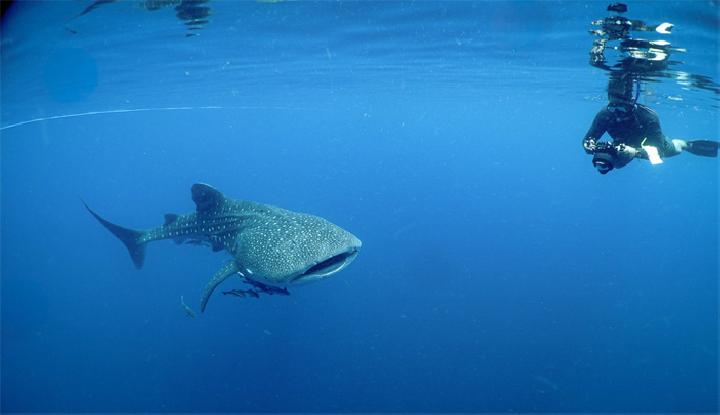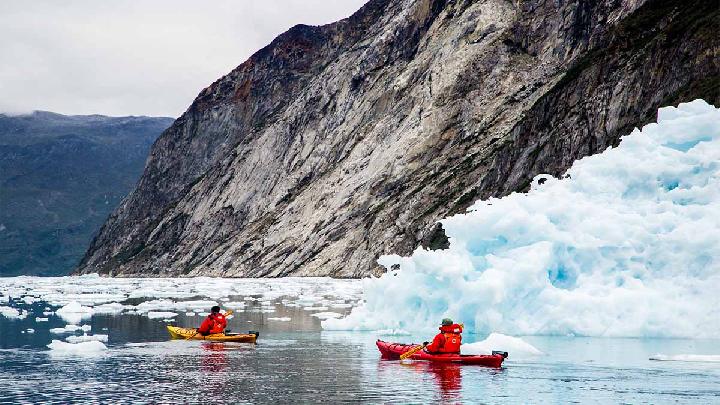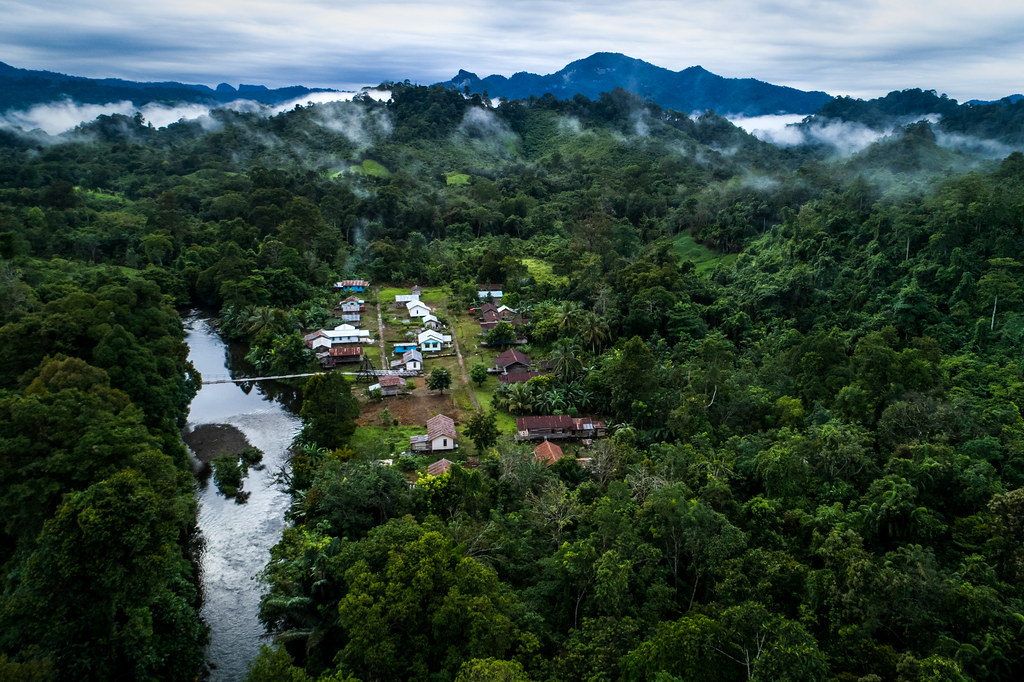November 23, 2025 | 01:59 pm

TEMPO.CO, Jakarta - Climate change endangers the population of elasmobranchs or neoselachians, such as sharks and rays. These two species are known as ancient animals that lived tens of millions of years ago, before evolving into their present form.
An international research team led by the University of Vienna analyzed the 100-million-year evolution of these iconic fish. The study results debunk the common assumption that the diversity of sharks and rays remained stable. In fact, it's the opposite.
The research combined fossil records with the reconstruction of past environments, including ocean temperatures, atmospheric CO2 levels, and the extent of shallow marine habitats. It is a fact that sharks and rays previously survived mass extinction incidents in the past. This can be observed from the era of dinosaur extinction.
Sharks and rays, as well as other marine elasmobranchs, have managed to avoid extinction threats, similar to the dinosaurs. However, this may not be the case in the future due to several factors, including climate change altering sea surface temperatures.
"Cartilaginous fish, including present-day sharks and rays, have been on our planet for over 400 million years. They have survived several mass extinction events. However, currently, more than a third of neoselachians are at risk of extinction," said Manuel Staggl, the lead researcher of the study as reported by Earth on Friday, November 21, 2025.
Factors Driving the Decline
The evolution model constructed by the research team indicates that habitat availability is the strongest driver of new species emergence. Specifically, shallow and structurally diverse coastal zones function as breeding grounds for marine life, indirectly key to the diversification of sharks and rays.
Ironically, coastal habitats worldwide are currently threatened by development, ocean warming, pollution, and massive fishing activities. These conditions have triggered mass extinctions for these cartilaginous fish species.
The perspective of this study clarifies why the current environmental crisis is so acute. In the past, environmental changes occurred slowly, indirectly providing time for species like sharks and rays to adapt or migrate. However, the situation is different now.
"In the past, sharks and rays had time to adapt or migrate to other areas. However, the current changes are happening too fast. The current situation has never occurred before," said Staggl.
The study authors argue that the conservation of sharks and rays cannot solely focus on fishing quotas but must adopt a broader perspective, such as conserving and restoring entire coastal ecosystems and limiting emissions to anticipate global warming and acidification.
Editor's Choice: Juvenile Whale Shark Strandings in Indonesia Have Risen Fivefold Since 2020
Click here to get the latest news updates from Tempo on Google News
Juvenile Whale Shark Strandings in Indonesia Have Risen Fivefold Since 2020
16 hari lalu

More than 70 percent of the stranded whale sharks were juveniles measuring between four and seven meters in length.
BGN Comments on Alleged MBG Food Poisoning After Consuming Shark Meat
58 hari lalu

There is a suggestion that the selection of MBG menus can utilize local wisdom from each region.
10 Biggest Fish in the World, from Sharks to Rays
22 Mei 2025

Some of biggest fish in the world are living proof of how unique and mysterious underwater life can be, with these giants silently roaming the depths.
WWF: Shark and Manta Ray Tourism in Indonesia Can Generate Billions of Dollars
22 Mei 2024

Indonesia is the world's largest shark fisher, but 72 percent of the catch comes from bycatch.
Indonesia Declares Walking Sharks as Protected Species
23 Februari 2023

Indonesia's Ministry of Marine Affairs and Fisheries has declared walking sharks (Hemiscyllium spp) as a fully-protected species.
Sharks Can Help Large Ocean Fishes Scratch Itches: Aussie Study
20 Oktober 2022

Sharks are the preferred scraping surface for large pelagic fishes, with a positive impact on teleost fitness by reducing parasite loads.
Significant Progress Made at NAFO Meeting to Protect Vulnerable Greenland Sharks, Deep Sea Ecosystems
25 September 2022

Agreement on ecosystem approach to fisheries & prohibition on keeping 'bycatch' of Greenland shark agreed by Northwest Atlantic Fisheries Organization
Stranded Whale Sharks, Dolphin Found Dead on Banten Beaches
9 Oktober 2019

Two whale sharks and a dolphin were found dead after stranded at Banten beaches for two consecutive days.
Massive Shark Fin Haul into Hong Kong Dodges Global Shipping Bans
10 Juli 2019

The Hong Kong government has moved to stop illegal trading of sharks fin but false labeling by traders is rampant.
Shark Fishing Ban in Raja Ampat Continues to be Violated
23 Desember 2018

Shark fishing in the waters of Raja Ampat District in West Papua Province continue unabated despite a prohibition through Regional Regulation.

















































